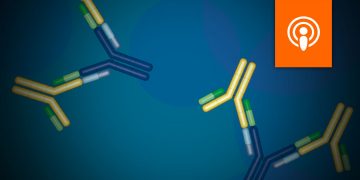
Discover the Technology behind Bio-Rad’s Custom Recombinant Antibodies

The Importance of In Vitro Assays in the Development of Biosimilars

Understanding Biomarkers for Better Drug Discovery and Development

An IMAC Resin for a Highly Productive Histidine-Tagged Protein Purification Process

BrdU in Adult Neurogenesis Research

Biosimilars. Are They Ready for Primetime?

Understanding the Eukaryotic Cell Cycle

Why Biomarkers Are Important for Clinical Trial Success

Modern Improvements to Classic Technologies: Innovating Electrophoresis and Chromatography Upstream of Protein Characterization to Speed Up Research


